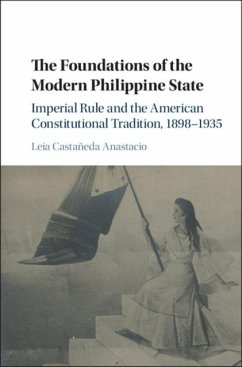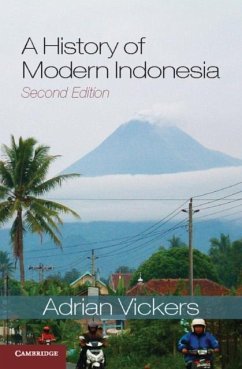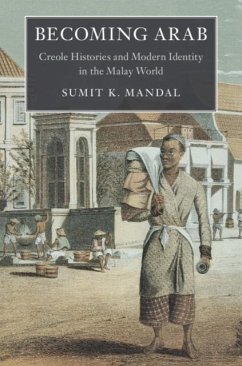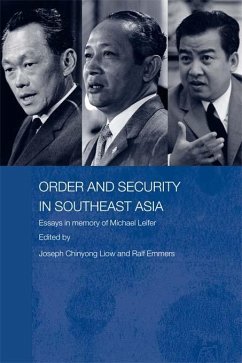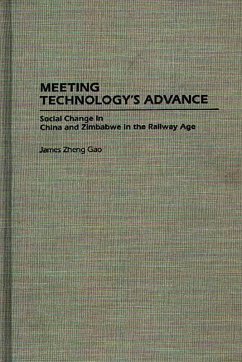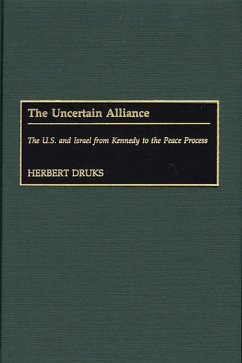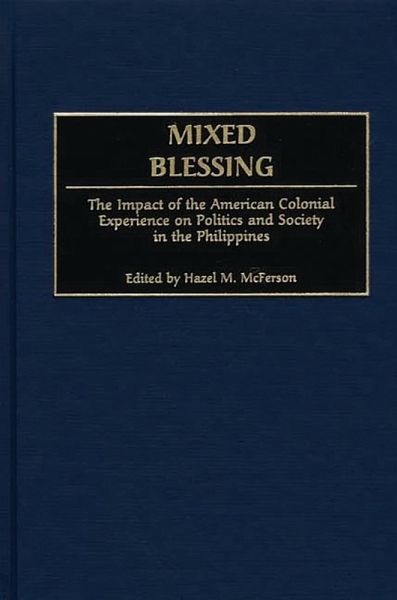
Mixed Blessing (eBook, PDF)
The Impact of the American Colonial Experience on Politics and Society in the Philippines
Versandkostenfrei!
Sofort per Download lieferbar
92,95 €
inkl. MwSt.
Weitere Ausgaben:

PAYBACK Punkte
46 °P sammeln!
Invidious distinctions on the basis of race and overt racism were central features in American colonial policy in the Philippines from 1898 to 1947, as America transported its domestic racial policy to the island colony. This collection by young Filipino scholars analyzes American colonialism and its impact on administration and attitudes in the Philippines through the prism of American racial tradition, a structural concept which refers to beliefs, attitudes, images, classifications, laws, and social customs that shape race relations and racial formation in multiracial and colonial societies....
Invidious distinctions on the basis of race and overt racism were central features in American colonial policy in the Philippines from 1898 to 1947, as America transported its domestic racial policy to the island colony. This collection by young Filipino scholars analyzes American colonialism and its impact on administration and attitudes in the Philippines through the prism of American racial tradition, a structural concept which refers to beliefs, attitudes, images, classifications, laws, and social customs that shape race relations and racial formation in multiracial and colonial societies. The dominance of this tradition was manifested in the wanton prerogatives of the U.S. Congress and others who helped to carry out colonial policy in the region. The Spanish flexible racial tradition had resulted in a system based on ethnicity and class as determinants of social and economic structure, while the rigid U.S. racial tradition assigned race the more dominant role. The cultural affinity between the early individual American administrators and the Filipino elite, however, meant that class-based distinctions in the islands were not broken up. Thus, the extreme elitist character of the Philippines' economy and society persisted and became impervious to the influences which in other Asian countries led to a progressive weakening of elite structures as the 20th century advanced.




